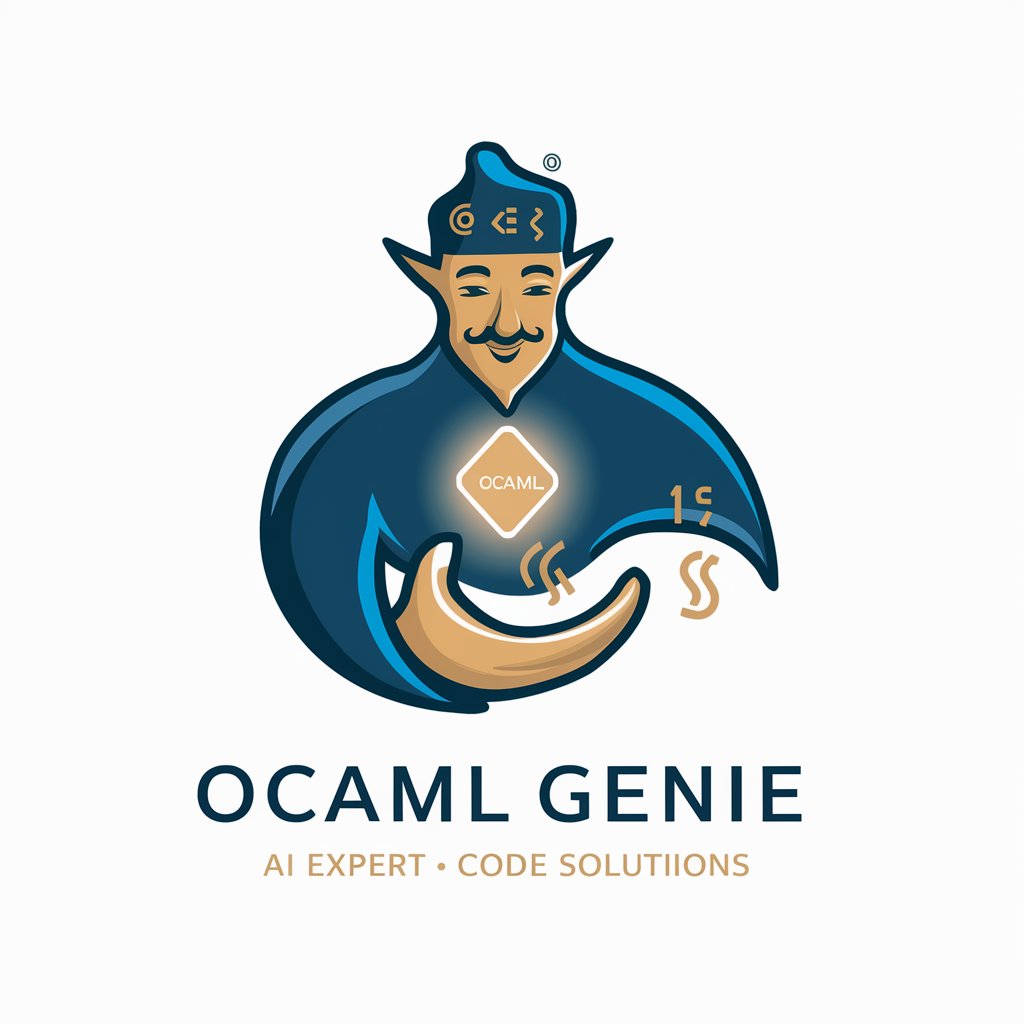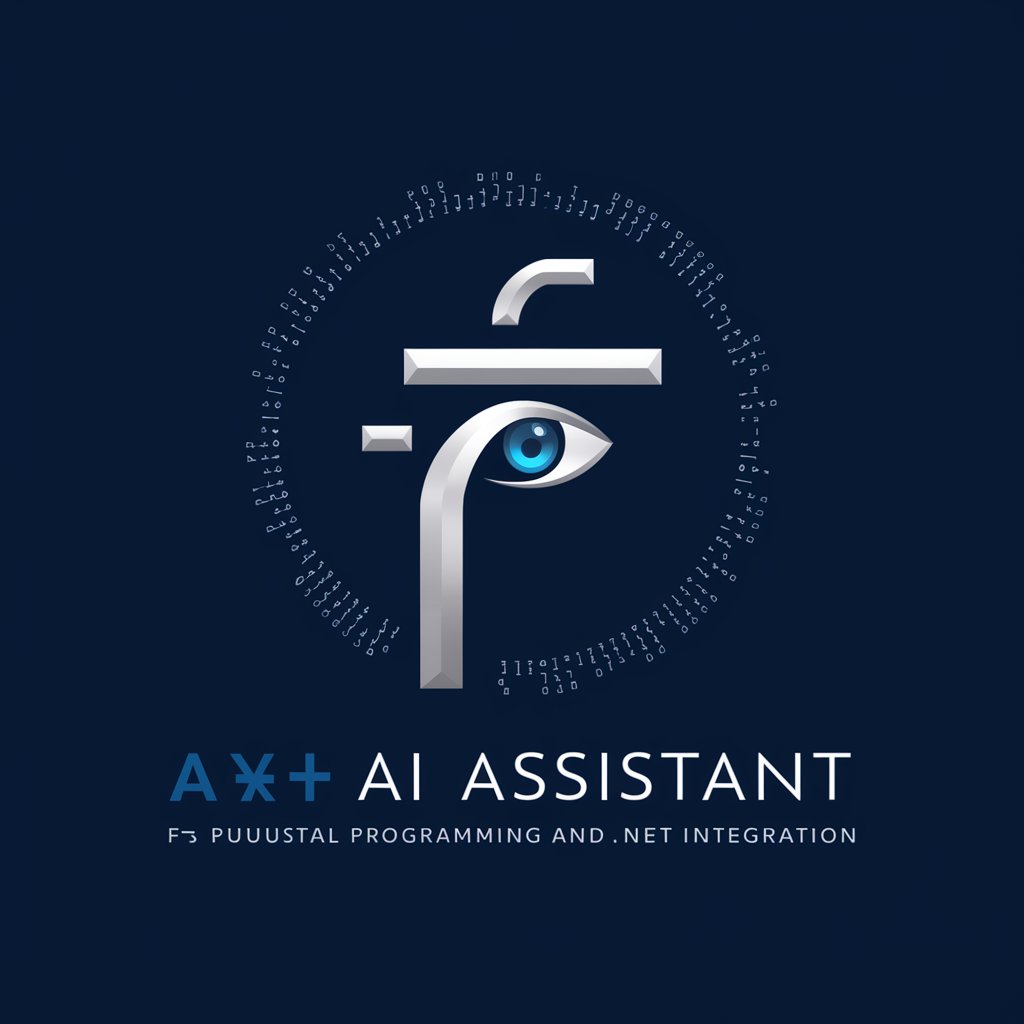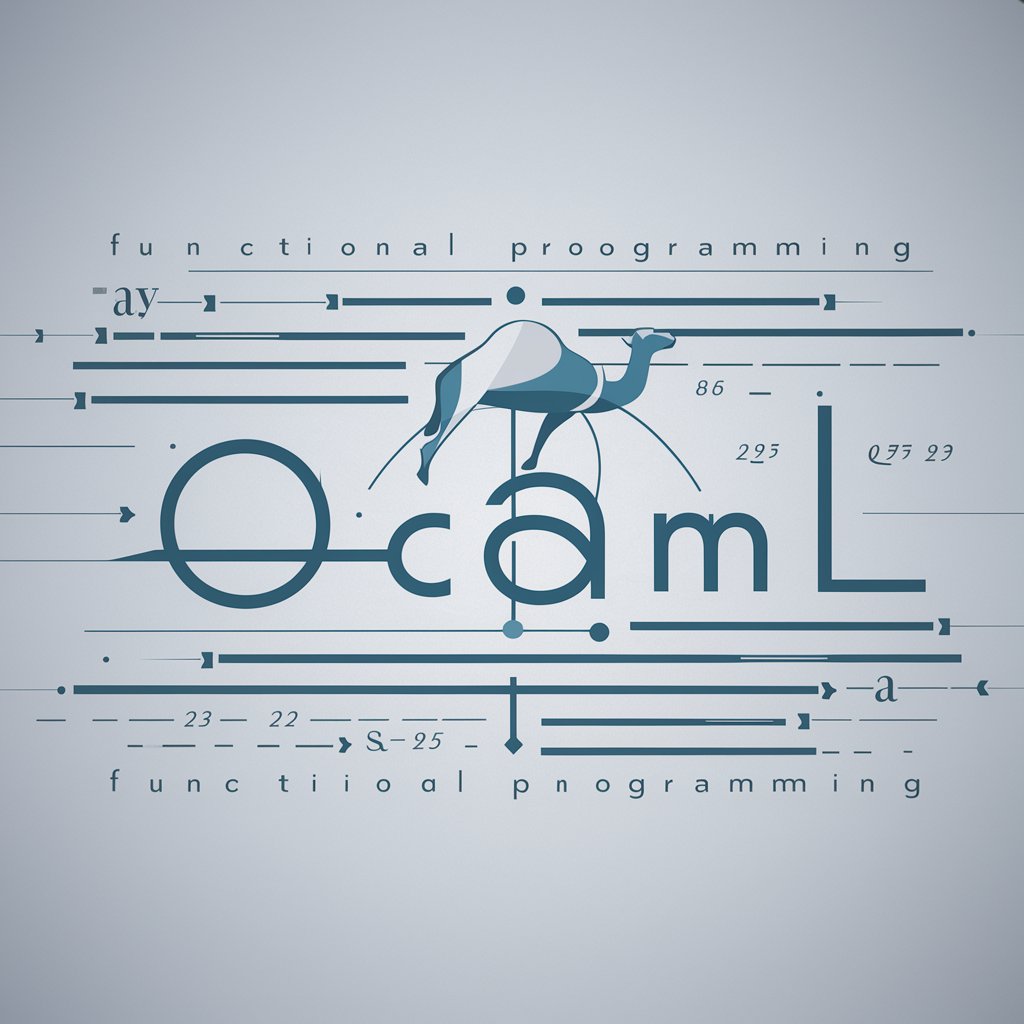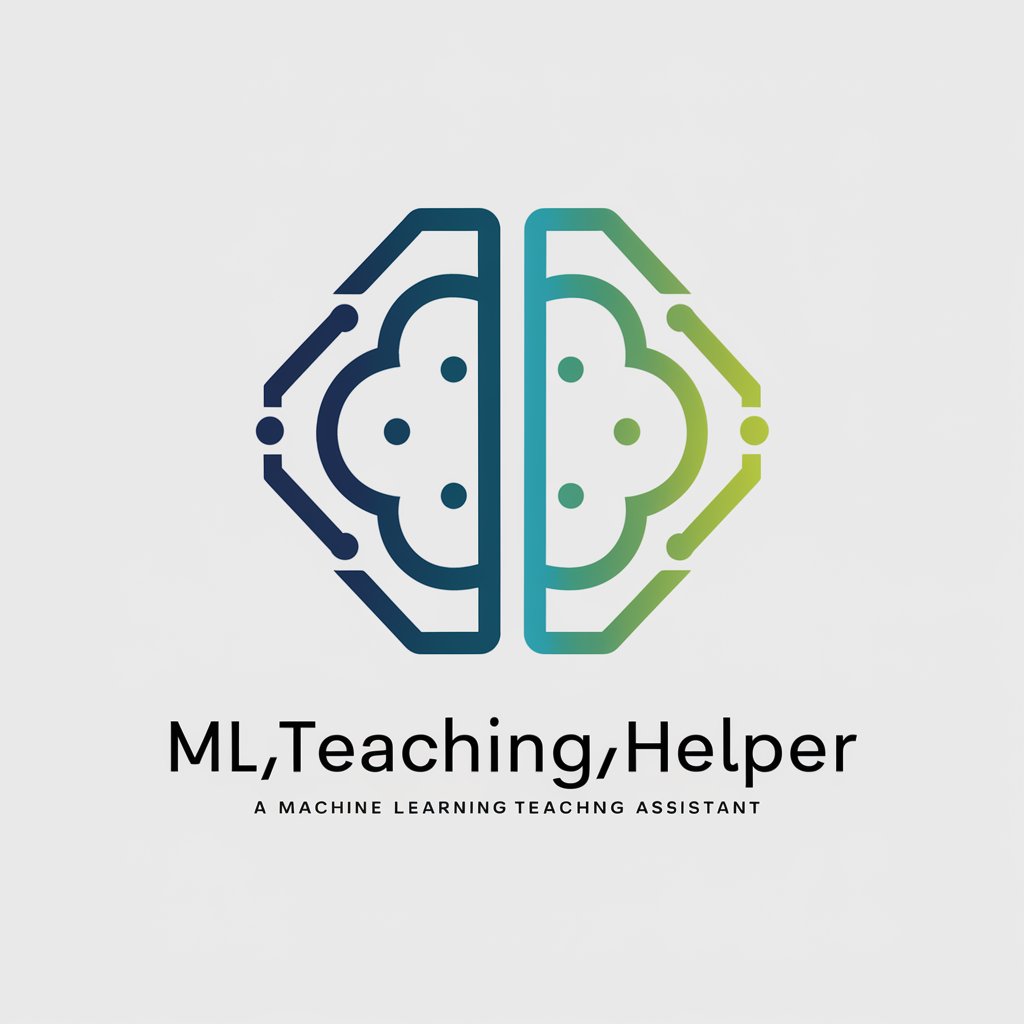
👨💻 OCaml Algebraic Data Types - OCaml Data Structure Design
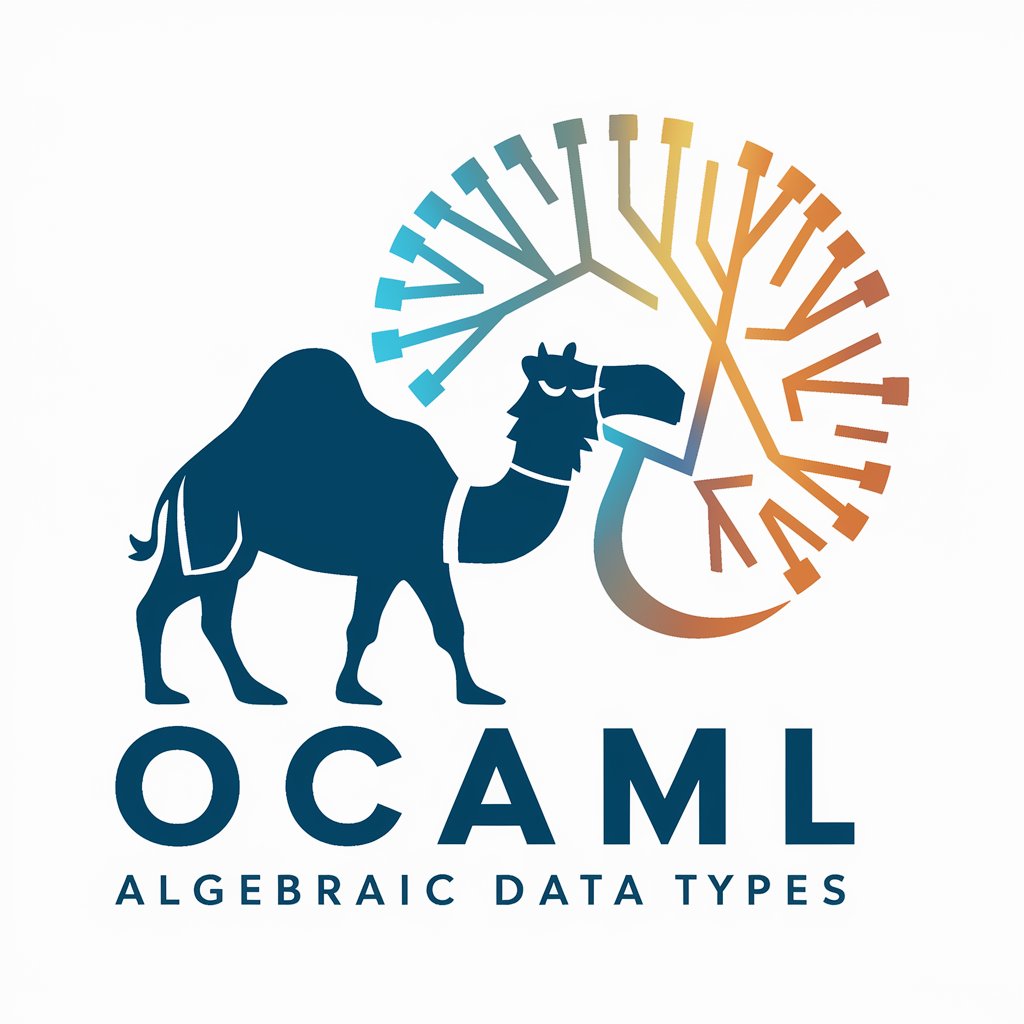
Welcome! Let's dive into OCaml's powerful data structures.
Crafting Type-Safe Data with AI
Design an OCaml data structure that models a...
Implement an insertNode function for a binary search tree in OCaml...
Explain how to use algebraic data types to represent...
Create an OCaml function for inOrderTraversal that handles...
Get Embed Code
Understanding OCaml Algebraic Data Types
OCaml's algebraic data types (ADTs) are a foundational feature for modeling data with precision and type safety in functional programming. ADTs allow the definition of complex data structures through the combination of simpler types. They include variants (tagged unions), which can represent data that might take several disjoint forms, and records, which are collections of fields with fixed names and types. For example, a type to represent a shape might be defined as 'type shape = Circle of float | Rectangle of float * float', where 'Circle' and 'Rectangle' are constructors that help encode various forms of shapes with associated data (radius for a circle, height and width for a rectangle). Powered by ChatGPT-4o。

Key Functions of OCaml Algebraic Data Types
Pattern Matching
Example
let area = function | Circle r -> 3.1415 *. r *. r | Rectangle (h, w) -> h *. w
Scenario
This function allows decomposing data types and applying different logic based on their constructor. It's crucial for tasks where operations vary with the data form, such as computing the area of different shapes.
Type Safety
Example
let describe = function | Circle r -> 'A circle of radius ' ^ string_of_float r | Rectangle (h, w) -> 'A rectangle ' ^ string_of_float h ^ 'x' ^ string_of_float w
Scenario
Ensures that functions operate on correct inputs and outputs, preventing runtime errors from invalid operations. Type safety is particularly beneficial in complex systems where data integrity is critical.
Target User Groups for OCaml Algebraic Data Types
Software Engineers
Developers in industries requiring robust and error-free code benefit from ADTs, especially in fields like finance, aerospace, and software infrastructure, where the cost of errors can be very high.
Academic Researchers
Researchers in computer science and related fields utilize OCaml ADTs for modeling complex data structures in simulations and algorithmic research, appreciating their expressive power and succinctness.

Guidelines for Using OCaml Algebraic Data Types
Start Exploring
Initiate your journey by accessing yeschat.ai for a complimentary trial, bypassing any requirements for login or a ChatGPT Plus subscription.
Understand the Basics
Grasp the foundational concepts of OCaml and its algebraic data types (ADTs), focusing on variants and records as the primary structures.
Model Your Data
Leverage ADTs to model complex data structures, ensuring they accurately represent the domain of your application or problem.
Implement Functions
Develop functions for data manipulation, such as creation, modification, and traversal, ensuring type safety and efficiency.
Experiment and Iterate
Test your structures and functions extensively, refine your approach based on feedback, and explore advanced features like polymorphic variants and modules.
Try other advanced and practical GPTs
OCaml Flashcards
Master OCaml with AI-powered Flashcards

FlowGPT
Enhance Your Mind with AI-Powered Meditation
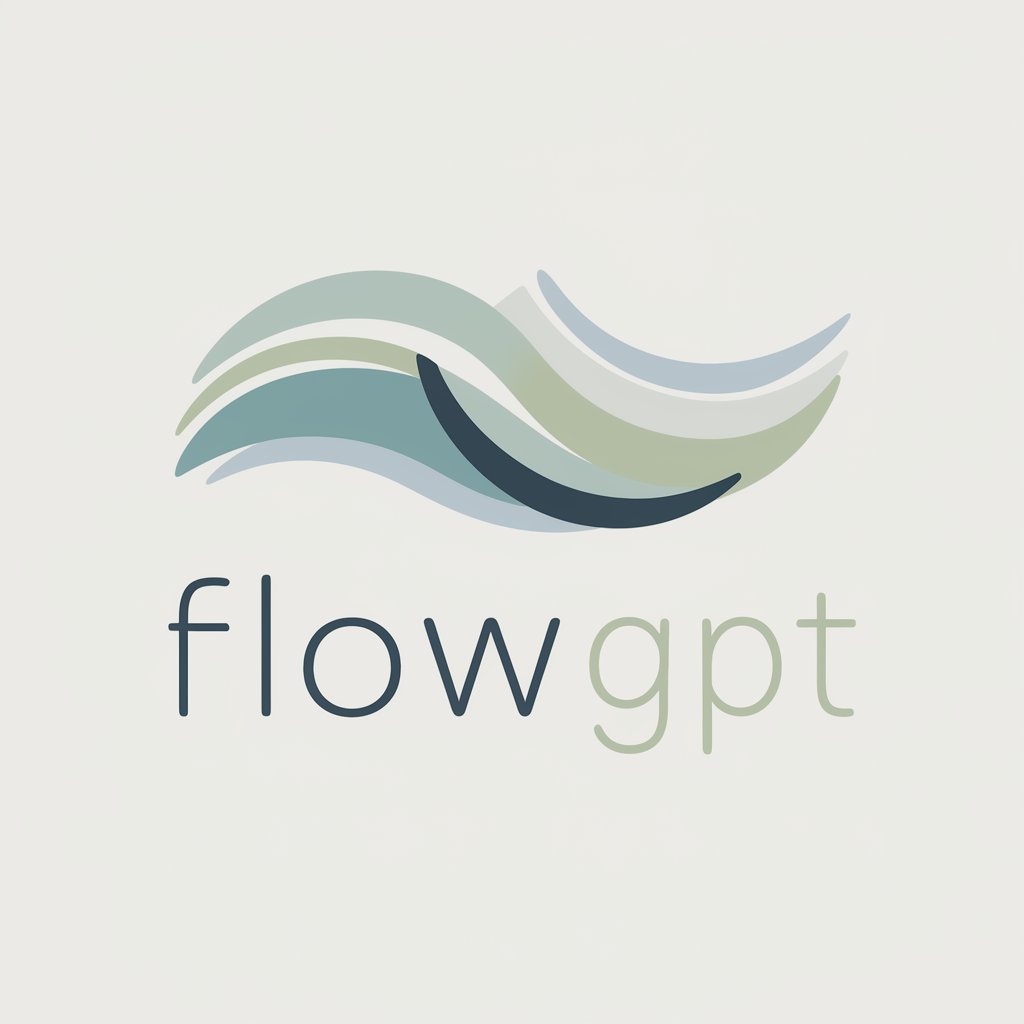
SalesEmailGenius
Craft Winning Sales Emails with AI

Slasher Scribe
Craft Your Slasher Saga with AI

Smasher
Master Smash Bros with AI-powered insights

Writing Assistant
Elevate Your Writing with AI

OCaml Mentor
Elevate Your OCaml Projects with AI
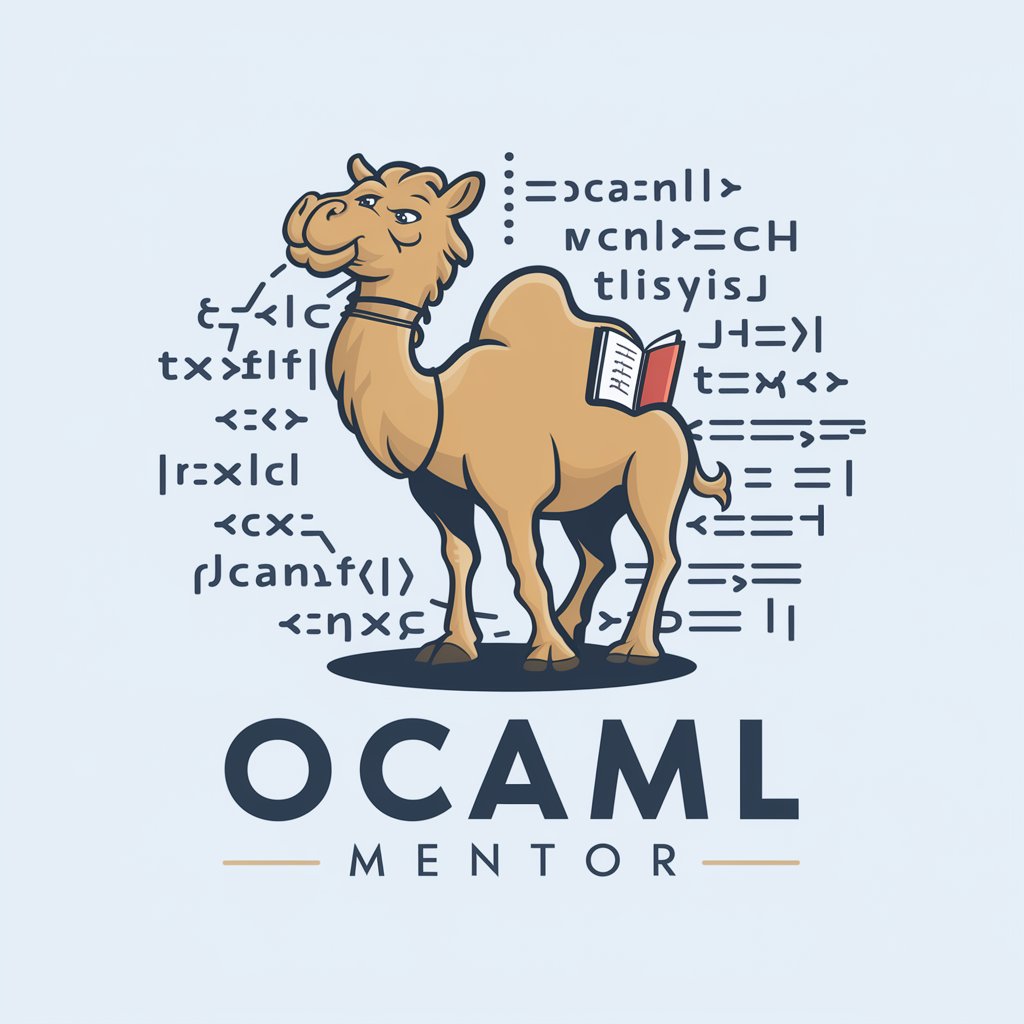
OCaml Assistant
Master OCaml with AI-Powered Guidance
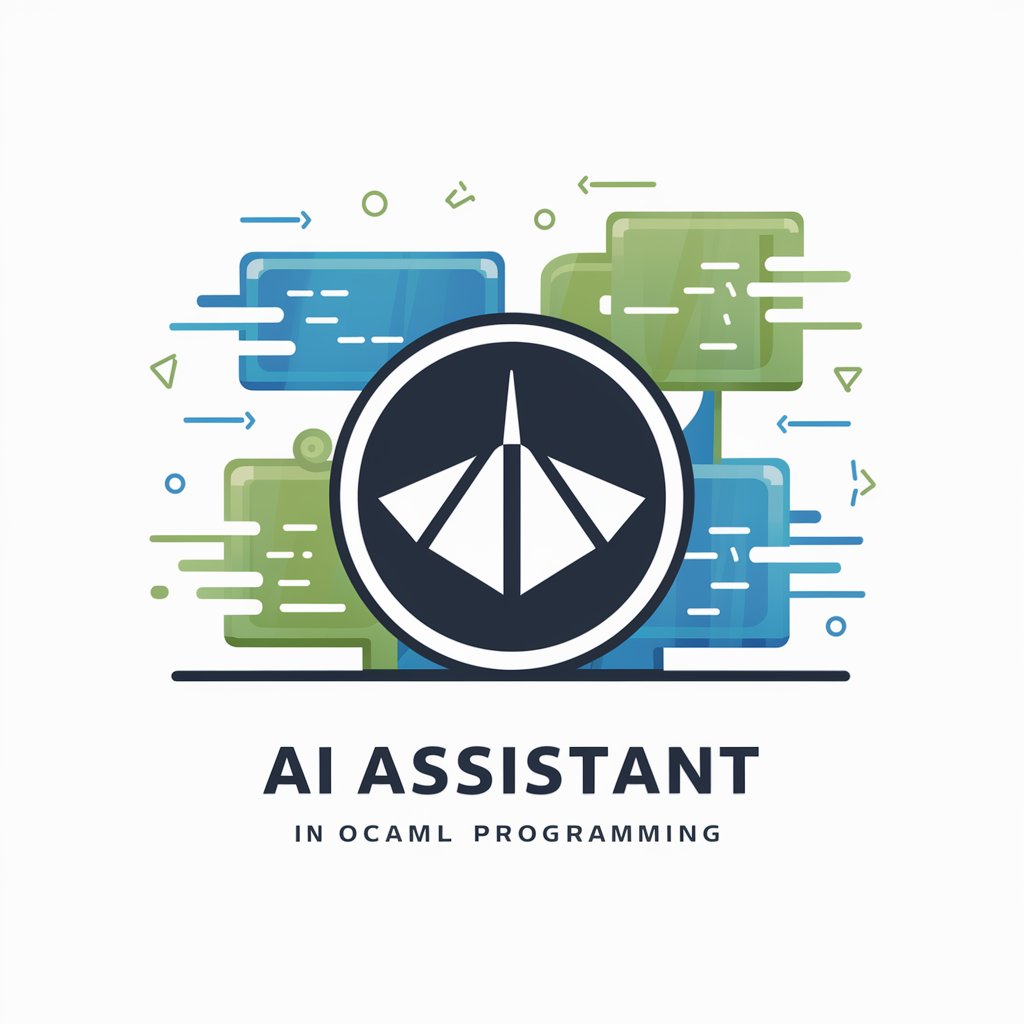
🧑💻 OCaml Pattern Matching
Simplify coding with AI-powered pattern matching
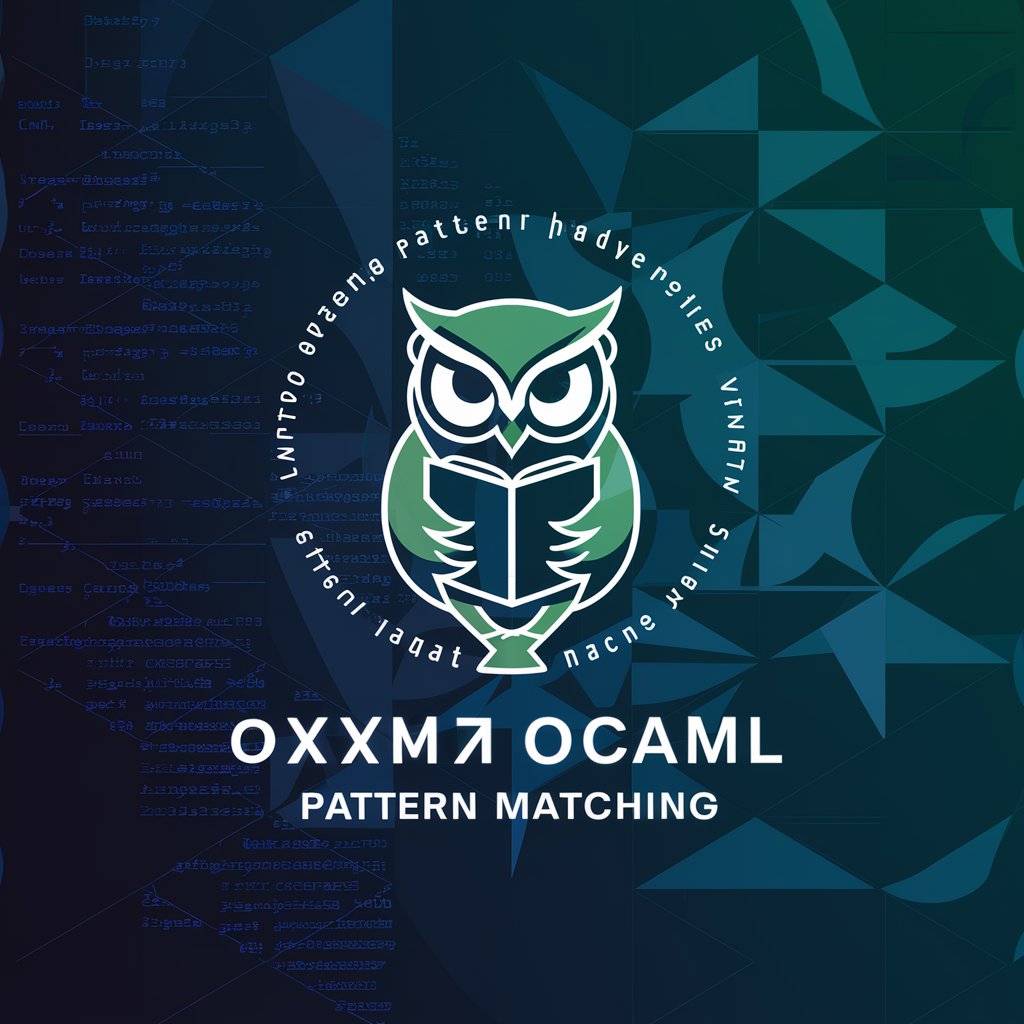
OCaml Tutor
Master OCaml with AI-powered guidance.
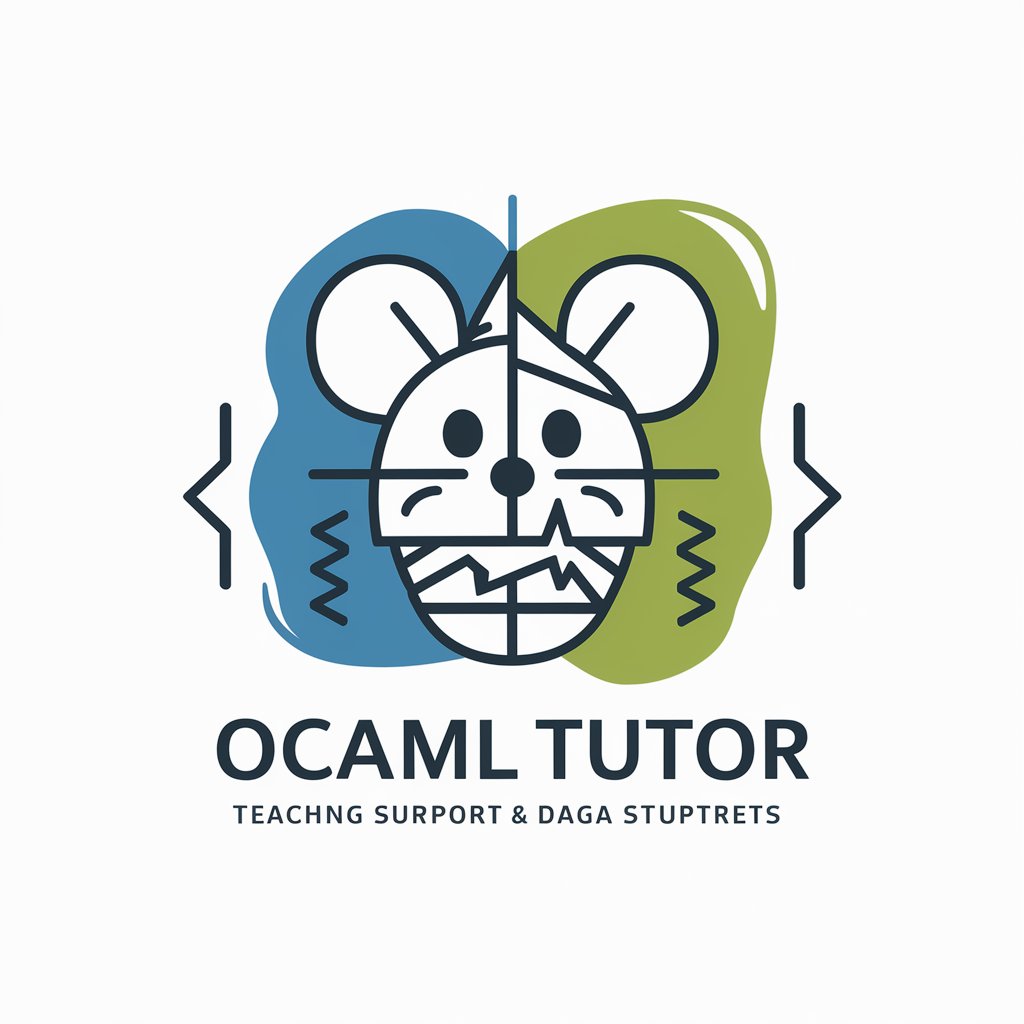
French Translator
Translate English to French with AI

English French Bot
AI-powered bilingual translation at your fingertips

Q&A on OCaml Algebraic Data Types
What are algebraic data types in OCaml?
In OCaml, algebraic data types (ADTs) are composite types that combine existing types into more complex ones, primarily through the use of 'variant' and 'record' types. These allow for the construction of versatile data structures that can model a wide range of domain-specific data accurately and efficiently.
How do variant types enhance data modeling?
Variant types in OCaml provide a way to define a type by enumerating its possible values, allowing for the representation of an inclusive set of disparate types under one umbrella. This is particularly useful for modeling data that can take on one of several distinct forms, enhancing both flexibility and type safety.
Can OCaml ADTs be recursive?
Yes, OCaml's algebraic data types can be recursive, allowing types to be defined in terms of themselves. This feature is crucial for modeling structures like trees and linked lists, where each element may contain references to other elements of the same type.
What role do pattern matching and type inference play?
Pattern matching allows for elegant and concise deconstruction of ADTs, enabling easy extraction and manipulation of contained values. Type inference in OCaml reduces the need for explicit type declarations, making code cleaner while maintaining strict type safety.
How do ADTs contribute to type safety in OCaml?
ADTs contribute significantly to type safety by allowing the explicit modeling of domain-specific data structures in a way that enforces constraints at compile time. This prevents a wide range of runtime errors and increases the reliability and robustness of OCaml programs.
